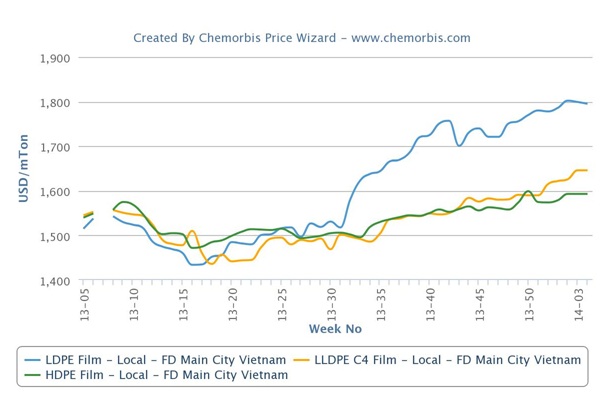Canada’s export agency has raised its 2009 oil price forecast, based on recent gains, but its chief economist said on Tuesday he does not believe the fundamentals support current levels just shy of $70 a barrel.
Export Development Canada, a federal financing agency, now sees an average price for West Texas Intermediate oil of about $55 a barrel, up from its last forecast of $47. The higher price would lessen an expected skid in the value of Canada’s petroleum exports.
“Clearly, what’s happened in the last 20 days has adjusted our thinking a bit,” EDC Chief Economist Peter Hall said.
“We’re still not looking at going back up into triple digits in an awful hurry here, given market conditions.”
Crude has climbed more than 20 percent in the past three weeks, and was selling for around $69.50 a barrel on Tuesday.
Optimism that world economies have suffered through the worst of the recession has helped push prices to double their lows of late 2008 and early 2009, but Hall said he does not believe that growth has returned.
Some of the gains by oil and other commodities have come as investors grow comfortable exiting the safety of the U.S. dollar, which is pressuring the currency’s value, he said.
“And it’s partly that we’re at the near-end of the U.S. driving season and no one really knows what’s going to happen with respect to demand,” Hall said. “But I can’t help but say that there’s so much inventory out there on the world market that a $70 price just can’t be sustained for very long.”
Based on the new oil price outlook, the value of petroleum exports from Canada, the largest foreign energy supplier to the United States, would fall by 36 percent from last year. EDC had previously expected a 44 percent drop.
Currently, EDC expects total energy exports, which also include natural gas, coal and electricity, to fall 41 percent from last year’s C$134.2 billion ($122 billion).
The agency is not likely to make big changes to its natural gas forecast of $5.10 per million British thermal units. The near-month contract fetched around $3.70 per mmBtu on Tuesday.
Prices have tumbled across North America on high inventories and predictions of surging supplies from shale gas deposits in Texas, Louisiana and British Columbia, Hall said.
EDC said it expects oil production to fall this year on Canada’s East Coast but climb in Alberta, where two major oil sands projects — Canadian Natural Resources Ltd’s (CNQ.TO) Horizon and Nexen Inc’s (NXY.TO) Long Lake developments, are in start-up mode.
Last week, the Canadian Association of Petroleum Producers cut its forecast for oil production by 2015, citing the spate of oil sands projects that were shelved as credit and energy markets sputtered in late 2008.
In its most optimistic case, CAPP sees oil sands output of 2.2 million barrels a day by 2015, 800,000 barrels less that it forecast in 2007.
The deferrals are positive for developers that eventually proceed with projects, as costs for materials and labor have fallen from the peak of the oil sands boom, Hall said.
Imperial Oil Ltd’s (IMO.TO) sanctioning of its Kearl oil sands project last month may be the first sign of a rekindling of shelved developments, Hall said.
“We’re counseling those who might be involved in those not to give up on them because we believe that more projects will come back to the table now that prices are much more reasonable,” he said.
Source: news.chemnet.com







